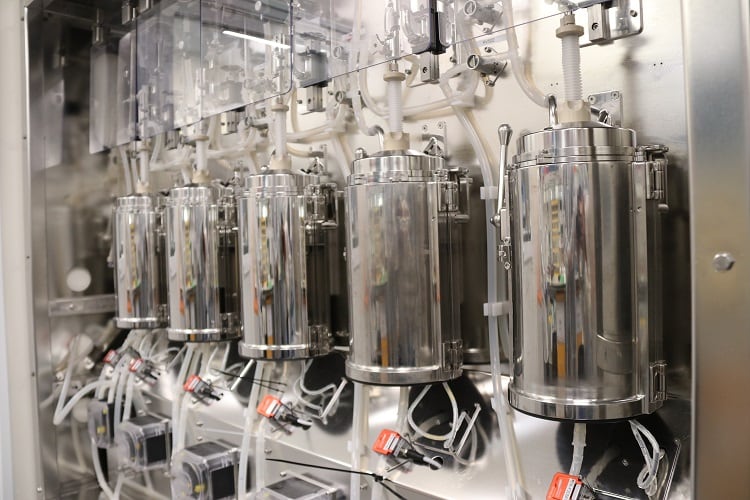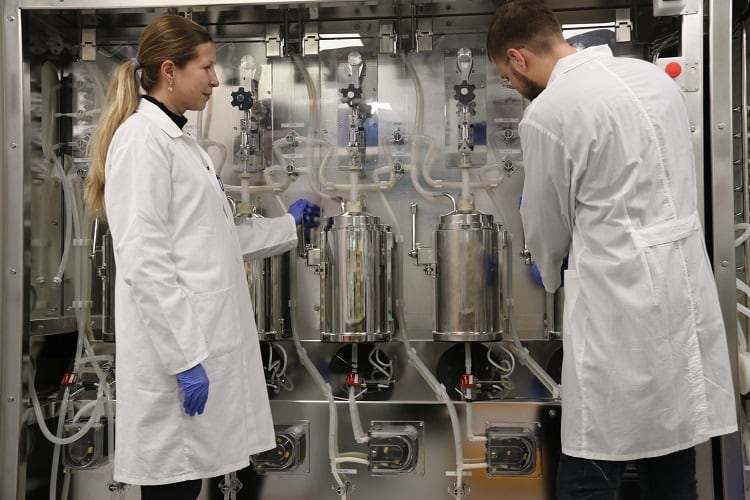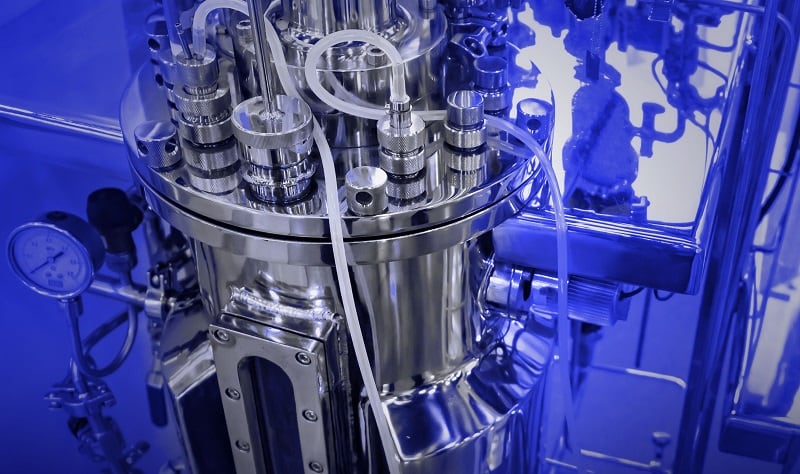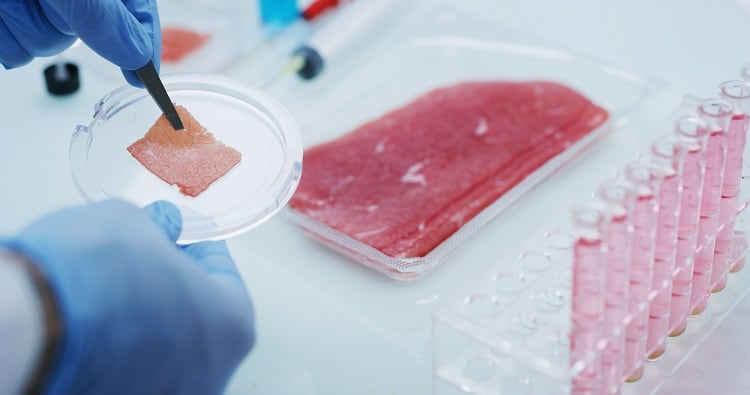As a concept, cultivated meat promises to provide an animal-friendly replacement for conventional animal-derived protein. Production of cell-based meat is also tipped to be better for the environment, using significantly less land and water than livestock, for example.
But for cultivated meat to supply the mass market, producers will need to overcome some significant challenges, including scalability. This, according to CEO of Israel-based Ever After Foods Eyal Rosenthal, is the ‘main challenge’ facing the cultivated meat industry.
Ever After Foods is helping cultivated meat producers overcome this challenge with the launch of a patented bioreactor platform specifically designed for the sector.
How are these bioreactors different?
For the most part, cultivated meat players are using off-the-shelf, stirred-tank (mixer-like) bioreactors designed for growing single cells to produce proteins for the biopharma industry.
But pharma-grade solutions cannot support the production of cultivated meat at large scales, according to Rosenthal. “Moreover, lab-scale production volumes and efficiencies are entirely different from those of large-scale systems. Producing high densities of cultivated meat demands disruptive technology and engineering, as increasing viscosity and shear stress limits productivity and scale.”

At the same time, the cultivated meat industry is facing a bioreactor bottleneck. “There is a general supply bottleneck in the industry for bioreactors because cultivated meat products require massive bioreactor volumes to meet the target percentage share of the meat industry.”
Ever After Foods is looking to solve both these problems with technology that enables the development of smaller, lower-CAPEX bioreactors. “We have already successfully developed the first pilot-scale system and are currently developing a production system that we plan to licence to other cultivated meat players,” the CEO revealed.
As scalability influences cost, too, the company says its solutions have the potential to help other cultivated meat players reach cost parity.
More than 700% boost in productivity
As Ever After Foods’ proprietary bioreactor technology supports the growth of ‘extremely’ high densities of cultivated meat at ‘very’ large scale, it can also influence cost. The company believes its solutions have the potential to help other cultivated meat players achieve cost parity.
From a productivity standpoint, the company says its tech provides a 700% increase in productivity compared to other cultivated meat technology platforms, no matter the size of their bioreactors.
Indeed, Ever After Foods says it is currently able to produce more than 10kg of cultivated meat mass with just a 35-litre bioreactor.
“Our proprietary, packed-bed bioreactor solution enables high solid-to-liquid ratio to achieve higher productivity,” the CEO explained.
Israel’s largest food producer Tnuva, which has backed Ever After Foods, believes the company has the potential to ‘transform the food system’ with its unique production platform.
“Ever After Foods is prepared to spearhead the move towards the efficient development, production and distribution of delicious, high-quality cultivated meat products at mass scale,” said Tnuva Group CEO Eyal Malis.
Rebranding to align with ‘consumer-centric’ vision
Ever After Foods has undergone more than one iteration. The company was first spun out of Pluri Inc (formerly Pluristem Therapeutics) to become Plurinuva last year. Now, the company is rebranding as Ever After Foods.
The rebrand is the result of some careful consideration, explained Rosenthal. “After initially spinning out of Pluri, we wanted to take the time and careful consideration needed before deciding on the name and brand that fit our company.
“The name ‘Ever After Foods’ is strongly tied to our vision of consumer-centric, positive, sustainable consumption, as in ‘eat happily ever after’. We cannot continue to consume meat that’s grown ‘as if we were to die tomorrow’.
“Ever After Foods is dedicated to pioneering a completely sustainable and ethical way of growing meat ‘as if we were to live forever’.”
It is as Ever After Foods that the company wants to now play its part in bringing cultivated meat to the mass market. The company is not selling its tech solution just yet but told us its commercialisation strategy has a ‘global vision’.
“We are currently developing cultivated meat products with technology that we plan to also license to other players going forward.”




